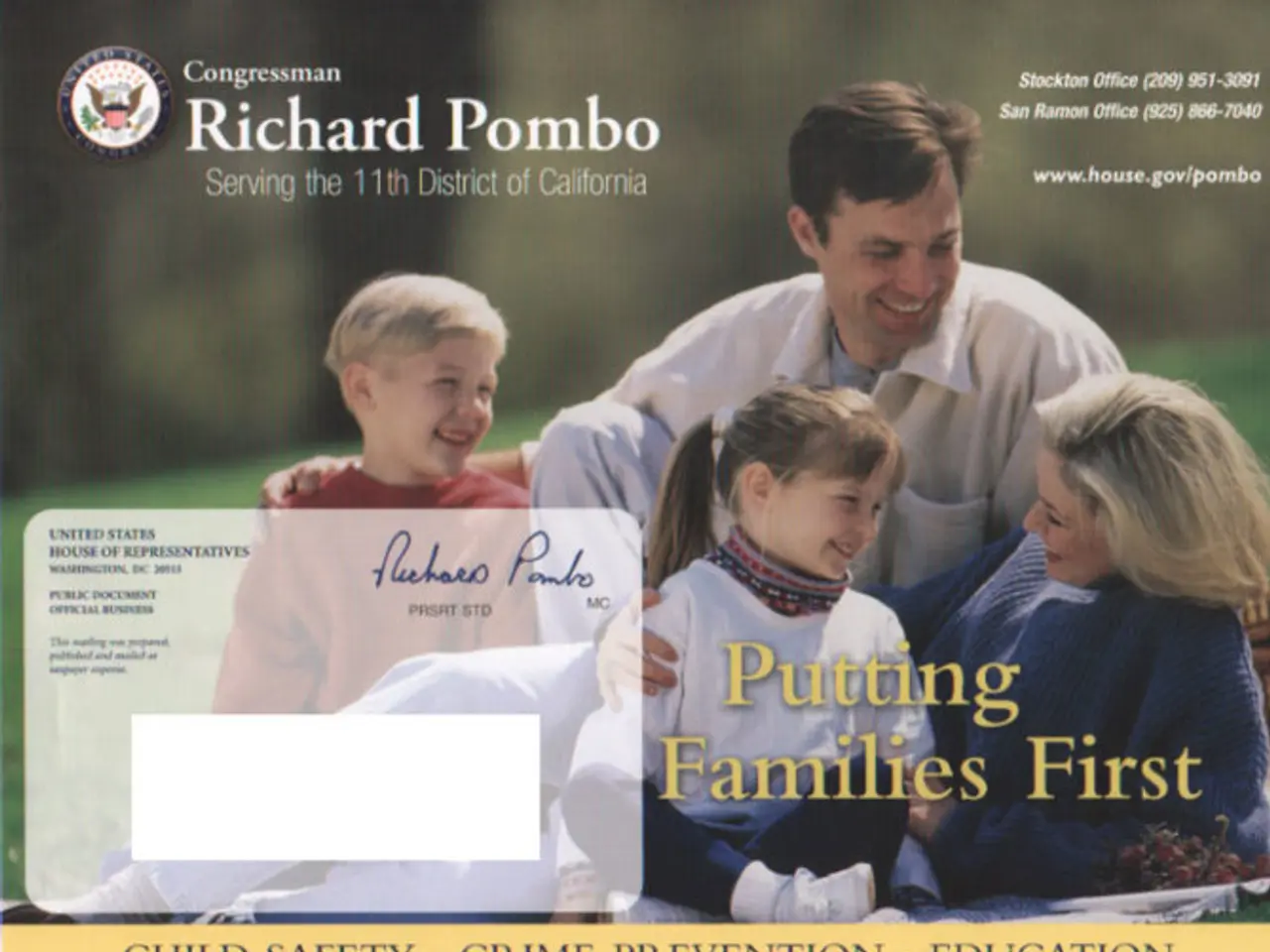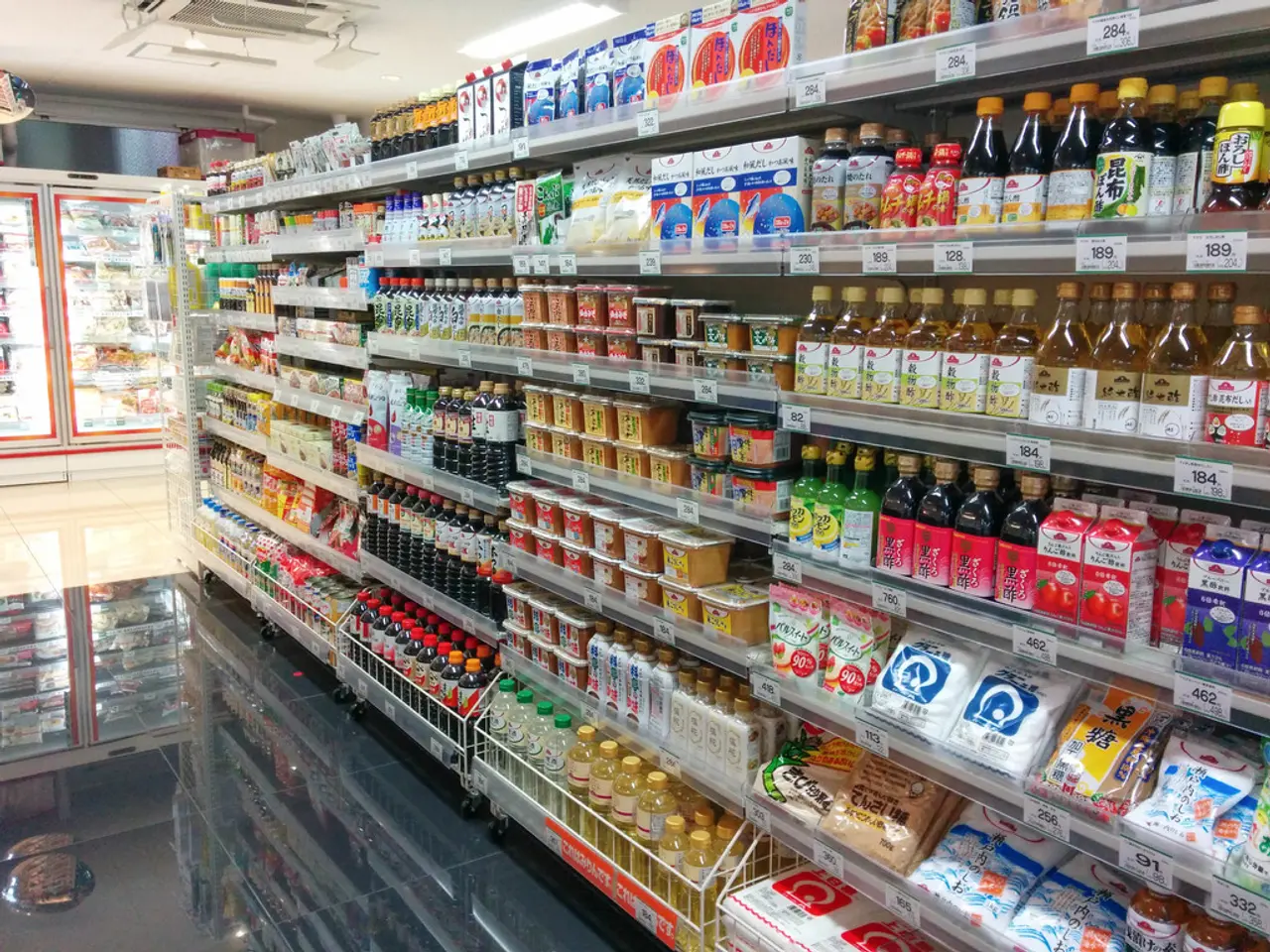Directly-Purchased Black Beauty Brands Advised by The Lip Bar Founder Amidst Target Sales Decline
Decline in Sales for The Lip Bar amid Target Boycott
Melissa Butler, chief executive of cosmetic brand The Lip Bar, has reported a 30-30% decline in sales at Target following a consumer boycott against the retailer. The boycott commenced earlier this year in response to Target's decision to scale back its diversity, equity, and inclusion (DEI) efforts. These efforts included a promise to increase Black representation by 20% and promote more products from Black- and minority-owned businesses.
In a recent social media post, Butler admitted to a substantial impact on The Lip Bar's sales at Target, stating, "Our sales are down 30, 40%. It requires people to be intentional about where they're shopping, meaning you have to go directly to that business." She had previously expressed disappointment over Target's decision to retract its DEI commitments, calling them a "farce."
The boycott against Target gained momentum when Pastor Jamal Bryant rallied over 100,000 people to commit to a 40-day protest against the retailer during Lent. Cities involved in the movement include Atlanta, Houston, Jacksonville, and Alexandria. The protesters demanded Target uphold its promises to support Black communities and businesses.
Despite nine consecutive weeks of declining foot traffic at Target, Pastor Bryant maintains the boycott will continue until more demands are met. He reports that Target has agreed to fulfill a pledge of $2 billion for Black businesses by July 31.
[[Image: Because Of Them We Can]]
The decline in sales for The Lip Bar highlights the repercussions of the boycott against Target, as consumers shift their support to Black-owned businesses. The boycott's duration remains uncertain in current search results.
- The decline in sales for The Lip Bar at Target, as reported by Melissa Butler, underscores the potential influence of social media-led boycotts on business sales.
- The boycott against Target, driven by a call for improved diversity, equity, and inclusion (DEI) efforts, has extended to various cities such as Atlanta, Houston, Jacksonville, and Alexandria.
- The boycott's impact extends beyond The Lip Bar as consumers become more intentional about shopping from minority-owned businesses, shifting their support away from mainstream retailers.
- In the realm of finance, the boycott's success has led to a potential $2 billion pledge by Target to support Black businesses, according to Pastor Jamal Bryant.
- The boycott has transcended retail, with its implications reaching into entertainment, politics, and general news, as consumers seek better representation and support for Black communities.




